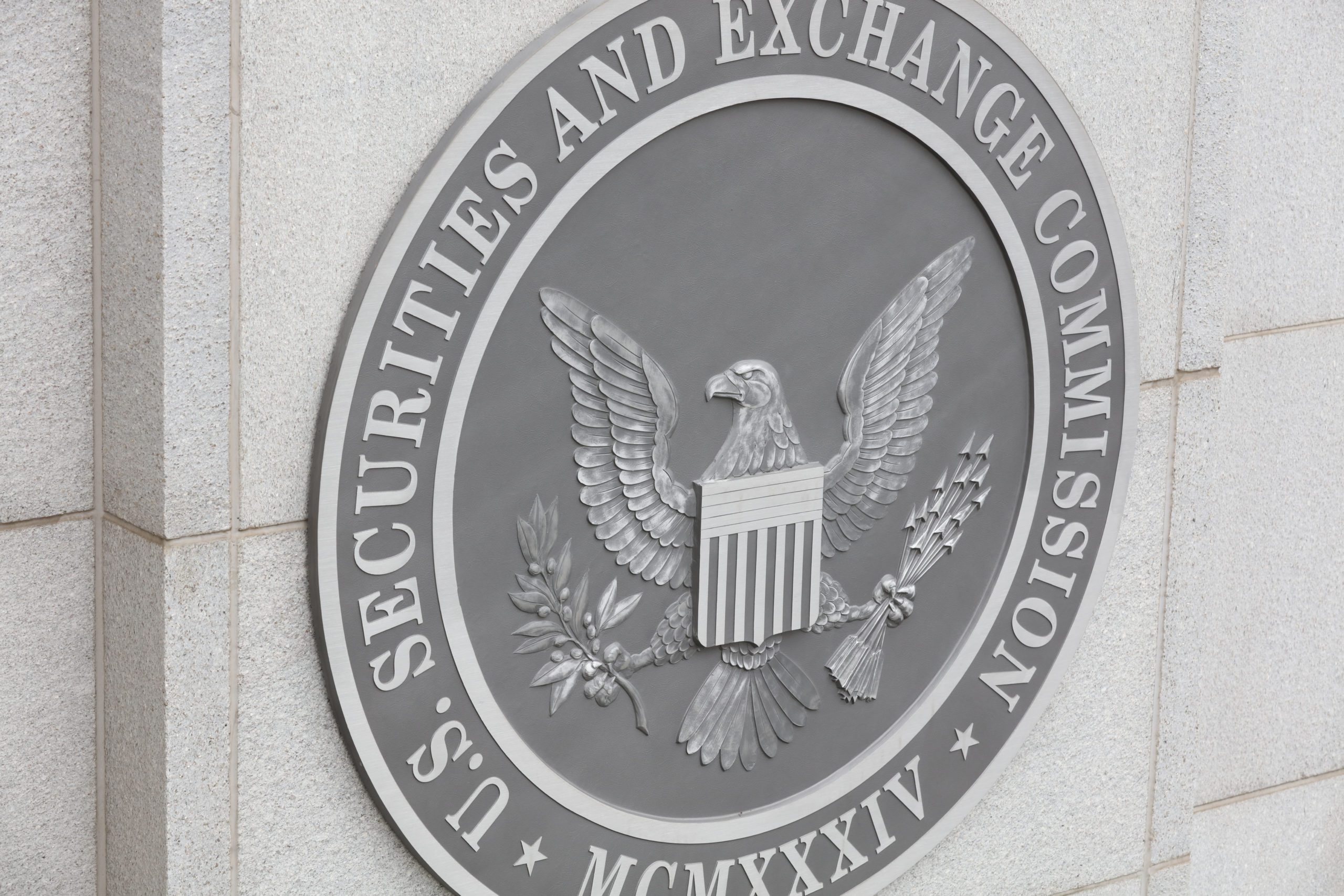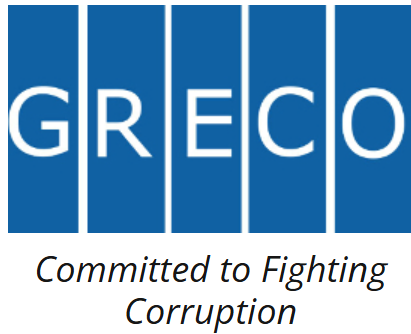By Vish Gain for AMLi
US CRIMINALS are using popular payment apps such as Cash App, Venmo, Zelle and PayPal to launder money taken from the Covid-19 relief fund, CNBC reports.
Local law officials say criminals are taking advantage of the huge amount of funds available through the CARES Act, a $2.2 trillion economic stimulus passed by the US Congress in March. They’re using the money transfer apps to move the funds around, making the transactions harder to trace.
“I’ve never seen, in my 28 years’ experience, the amount of fraud that I’ve seen currently,” Roy Dotson, an assistant to the special agent in charge of the Secret Service, told CNBC.
“And I think that’s just based sheerly on the amount of money the CARES Act allocated into Covid-related fraud and stimulus.”
The Secret Service has 700 pending investigations related to the Paycheck Protection Program and the Unemployment Insurance Relief program. Dotson said in an increasing number of those cases, the suspects used one of the apps to move the stolen money.
So far, 80 defendants have been charged with attempting to steal more than $240 million from the PPP program, a Justice Department spokesman said.
Earlier this year, Tennessee rapper Fontrell Antonio Baines was arrested in Los Angeles after boasting about stealing from the unemployment payment funds in a music video. Using the stage name “Nuke Bizzle”, Baines released a video called ‘EDD’ on YouTube in which he boasts about getting rich through California’s Employment Development Department.
The rapper is facing charges of fraud, aggravated identity theft and interstate transportation of stolen property in connection with obtaining more than $1.2 million in Pandemic Unemployment Assistance benefits, CNBC reports.
Some of the funds he illegally obtained were via the Cash App, according to the complaint.
Authorities said the techniques used by money launderers to use money from the Covid-19 relief fund is the same as other schemes that take advantage of the ease and anonymity of transferring money through the apps.
“If you’re a bad guy, you find a way to get money illicitly. Now the money is in your account and they’re able to get it transferred in this peer-to-peer platform,” Detective Ricardo Pena told CNBC.
“Once in that peer-to-peer platform, they’ll go ahead and send it out to different accounts. It could be their account or there could be other associates that they’re sending money to.”
Schemes that target app users who are interested in quick cash are posted on websites such as Instagram and Facebook. They offer ways to make money by sending and receiving money through one of the apps.
“They’ll be like, ‘Hey, listen, that $1 you send me, I could make it $10.’ And they’ll be like, ‘OK, so what is there to lose? One dollar is not a big deal,’” Pena told CNBC.
“Then what we will see is that it develops trust. They’re like, ‘All right, it worked with the dollar. Let me do $10.’ So $10 will maybe turn into $20, maybe $50. So that way they continue developing the trust.”
Cash App, the app that was used by Baines before his arrest, recently released a feature using artificial intelligence that can detect suspicious payments in the app and informs users of the fraud.
PayPal and Venmo use enhanced transaction monitoring to detect suspicious activity, harnessing keyword tracking, sanctions and watch list enforcement, a spokesman told CNBC. Zelle does not disclose fraud detection practices because it is offered primarily through mobile banking apps of other financial institutions, its network operator said in a statement.
Apptopia, a company which analyzes mobile app data, found that online complaints on Google Play and the App Store about fraud and scams have been on the increase this year, with the most related to Cash App.
Share this on:
Follow us on:











